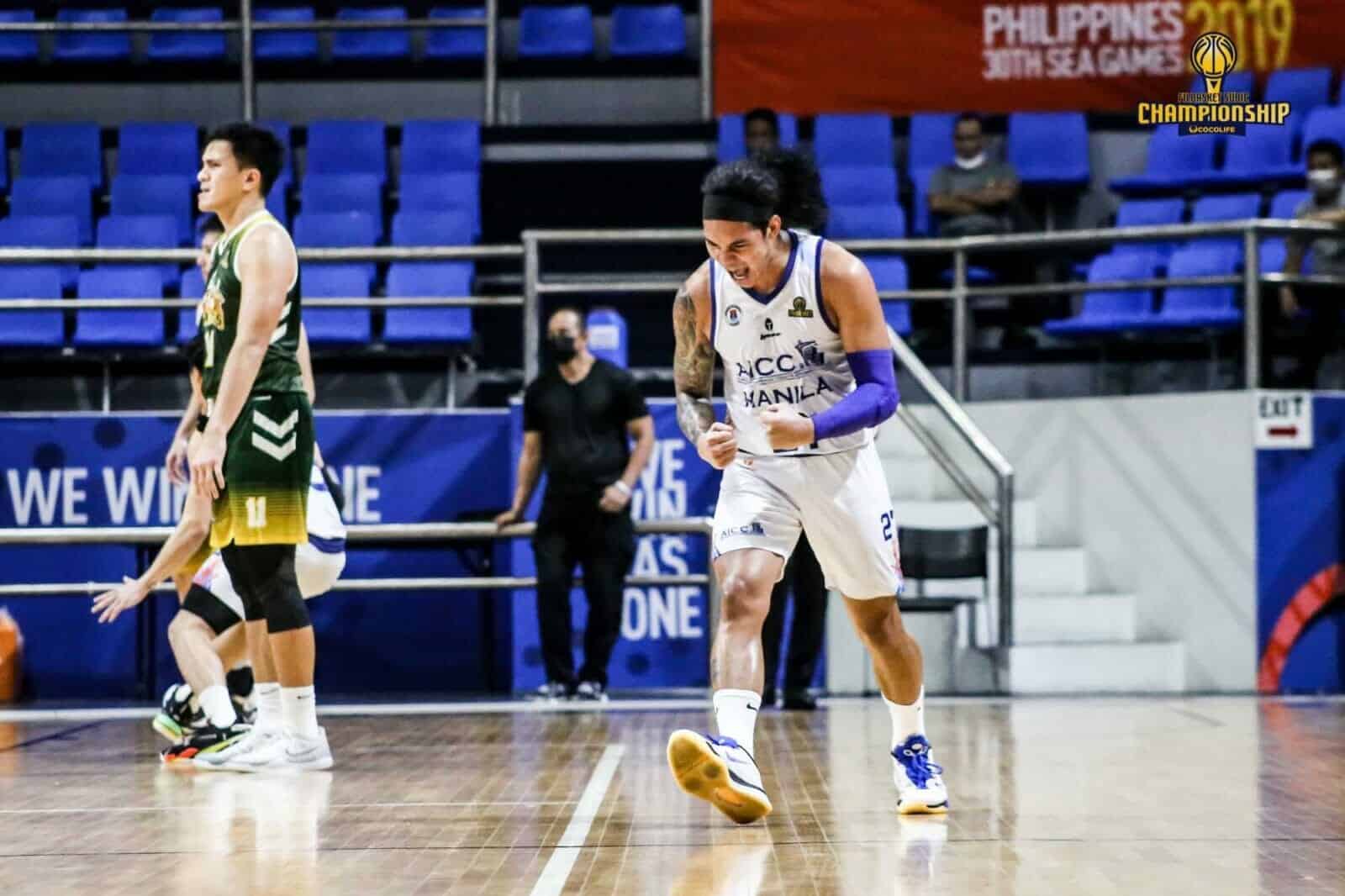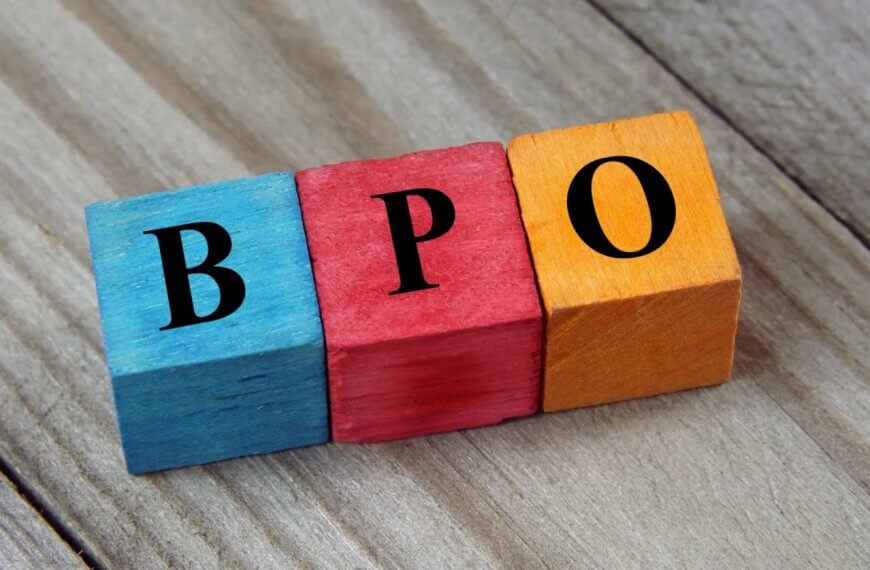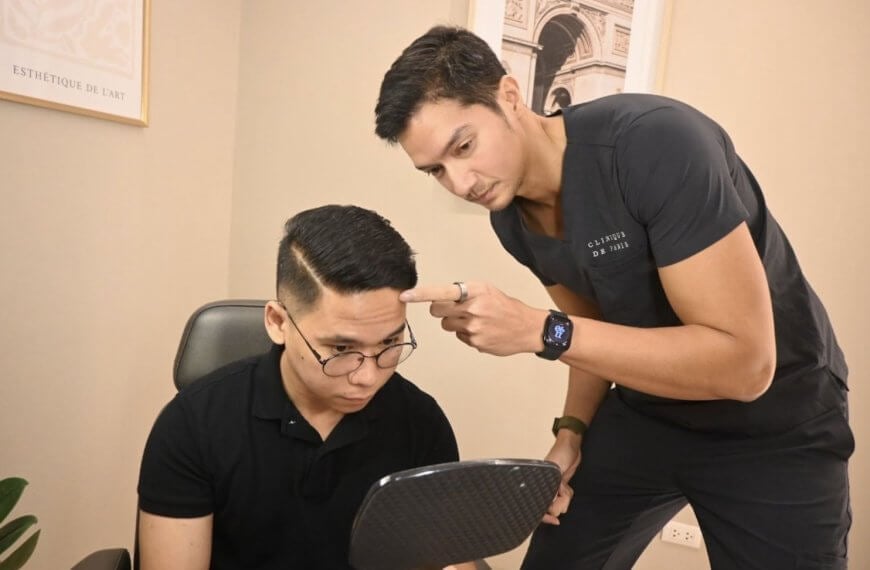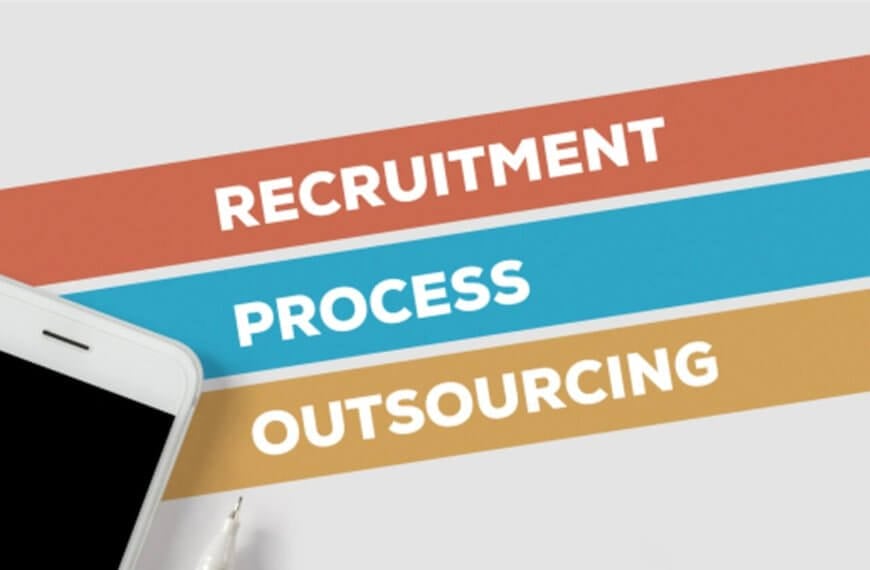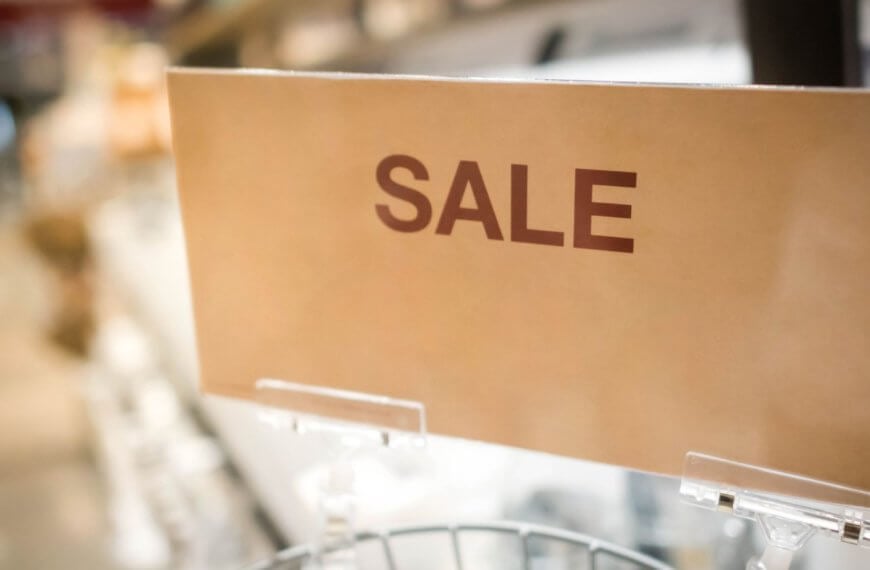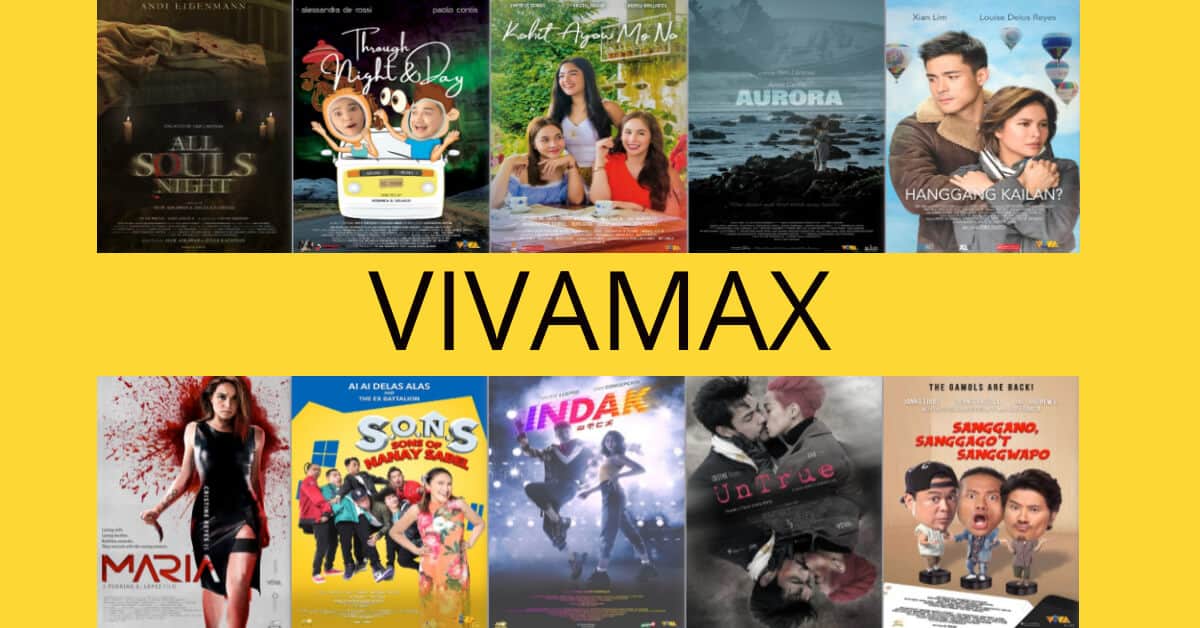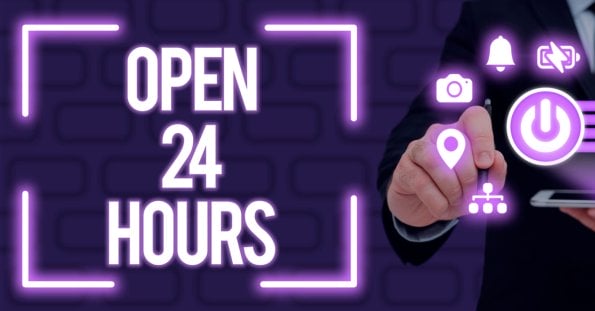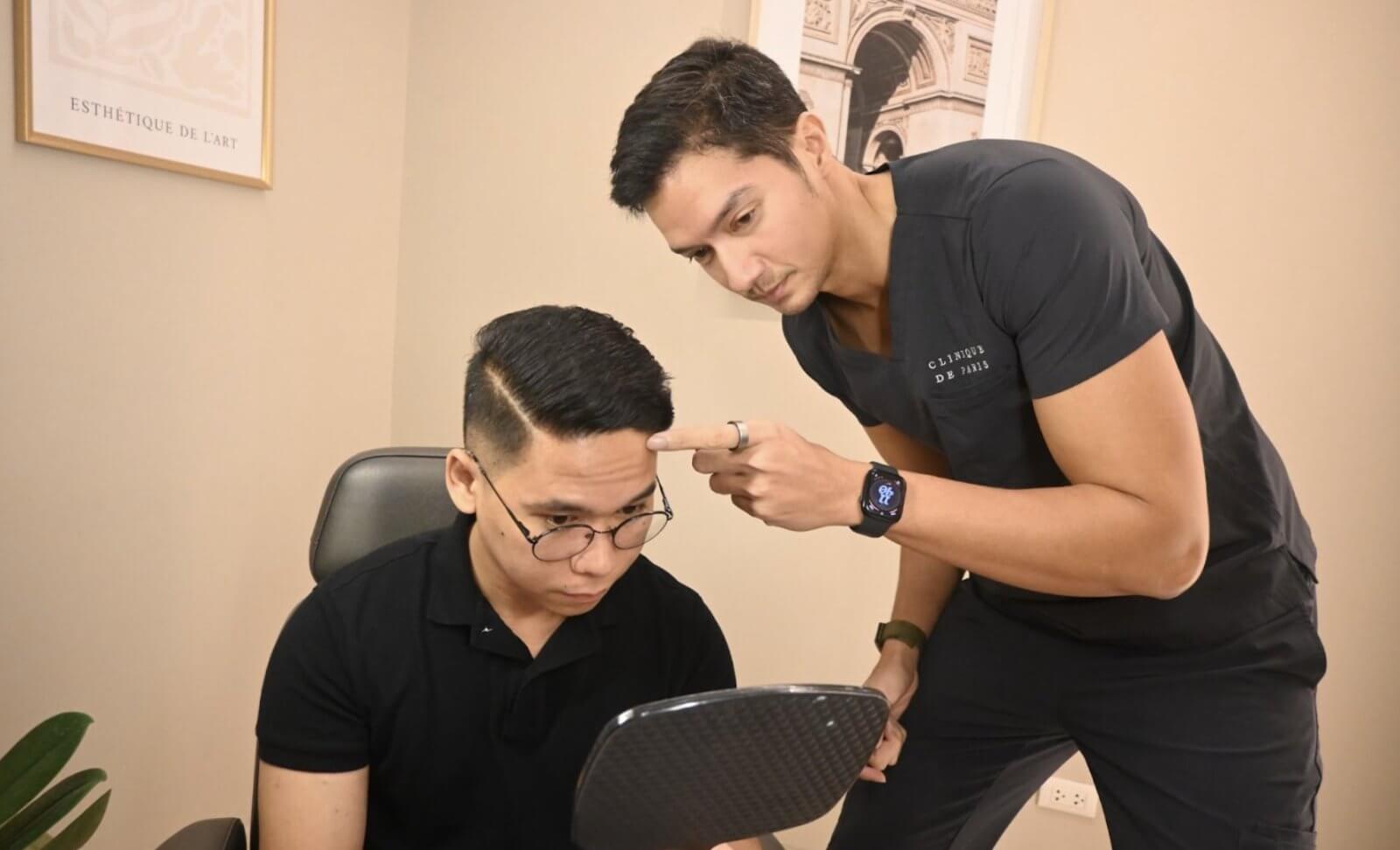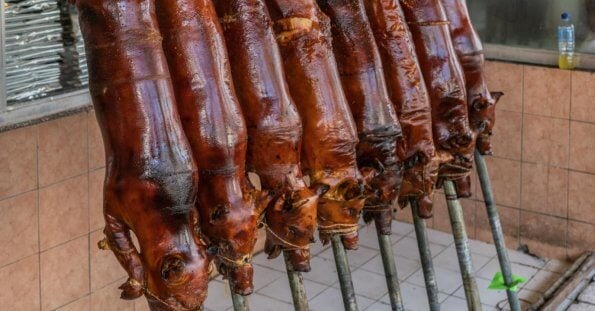Are you a kdrama fan? Do you watch Korean dramas? Do you find it hard watching Korean dramas even with subtitles? Do you know Hangul? Or do you speak Korean? Do you want to learn their language by any chance or maybe, you know it already?
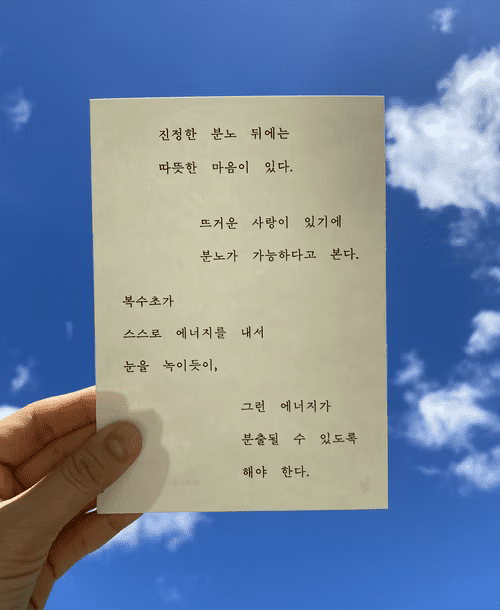
What Korean words do you know just by watching? If you are, you’ve come to the right place. Let’s talk about it. Together, let’s explore their language.
Have you been staying up late every night watching dramas? Do you experience not sleeping a day because you spend time watching Kdrama all day? All weekends? Are you also having a hard time deciding whether to sleep or to finish the whole drama?
Have you also experienced being yelled at for not getting enough sleep for school because you watched your favorite Kdrama? In case you’ve experienced them all, congratulations, you’ve reached the highest level of kdrama obsession, and you’ve experienced the best part of your teenage life.
Hallyu or Korean waves have been popular recently in the Philippines. Their culture is all over the country from music (kpop), fashion, food, drama or movies, and many more. Many people nowadays want to learn their language probably because they are tired of looking and reading at the subtitles every time they want to watch or maybe because they already love the culture.
Did you know?
The Korean language was divided into two dialects, Puyo, spoken most in Manchuria and North Korea, while Han is most used in South Korea. The modern Korean language is based on the Han dialect, two standard varieties: Seoul and Pyongyang dialects.

What is Hangul?
Hangul is primarily the official writing system of the Korean language in South Korea and North Korea. If you want to learn how to speak Korean, you should also know how to write it as you speak it. It is made up of 10 consonants and 14 vowels, making it 24 letters in an alphabet. You will typically see these hangul alphabets in every Korean drama you’ll watch.
Since watching kdrama is sometimes a hassle, here are the essential words and phrases that can help you understand them without looking at all the subtitles. These are the usual words and phrases you probably heard at every kdrama, and every fan should know.
Basic Korean Words and Phrases:
- An-nyeong!/An-nyeong-ha-se-yo – Hello/Hi
- Yeo-bo-se-yo – Hello
Word use over the phone.
- Ne/Ye – Yes
- A-ni-yo – No
- Gwaen-chan-a-yo – Ok
- Ju-se-yo – Please
- Gam-sa-ham-ni-da/Go-ma-woy-o – Thank you
- Chaen-ma-ne-yo – Welcome
- Gaja! – Let’s go!
- Mi-an/Mi-an-ham-ni-da – Sorry
- Oppa – Word used to an older brother to a younger woman
- Unnie – Use to an older sister to a younger woman
- Appa – Dad
- Abeoji – Father
- Oemma – Mom
- Eomeoni – Mother
- Saranghae – I love you
- Bo-go Si-peo/Bo-go Si-peo-yo – I miss you
- Hyeong – What younger men use to call an older men
- Noona- What younger men to an older woman
- Jebal – saying please closely begging
- Wae? – Why?
- Mwo? – What?
- Mueot? – More polite way to say what?
- Ha-ji-ma – Don’t do that/Stop it
- Jinjja/Jin-jja-you – Really?
- Aigo! – OMG!/Oh dear! (Expression usually when shocked, frustrated, confused or disappointed)
Are they easy to use and remember? Absolutely. These essential words are used more casually and require the value of respect and politeness, especially if you’re talking to an actual Korean person.
You need to distinguish who you are talking to first and determine which word is appropriate to use for them. Some words are casually used for friends and family like ‘annyeong!’ or hello compared if you say it to a stranger saying ‘annyeonghaseyo!’
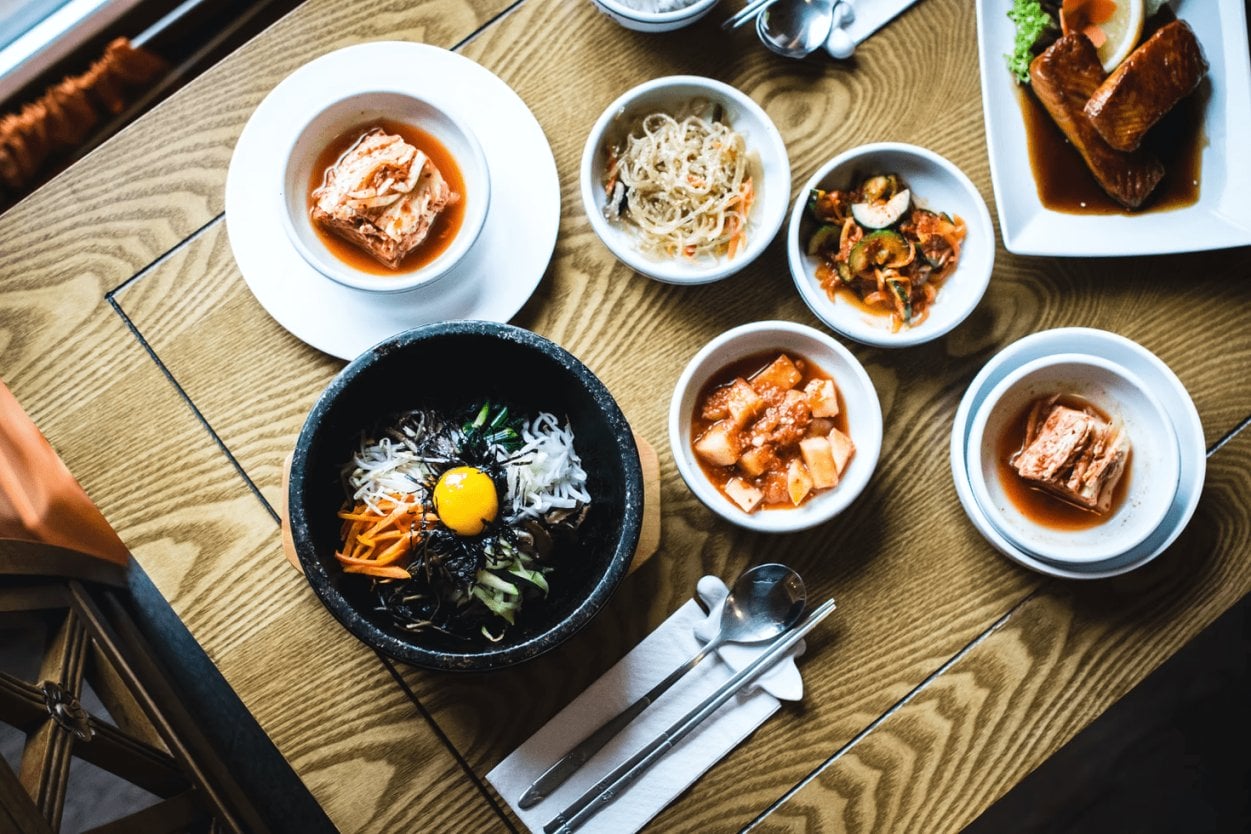
See the difference? Usually, haseyo and ‘you’ are added when speaking formally to others.
Koreans respect one another and value politeness primarily in speaking, so if you’ll observe, every word usually differs at the end of the word depending on who you are talking to. Whether it is older or younger, so if Koreans ask your age, don’t get confused.
Maybe they’re just asking to address you correctly. They might formally address you if that’s the case. Koreans use informal ways of speaking, usually with friends.
What are the reasons why people want to learn Korean?
There are a lot of reasons why people start to learn the Korean language. Maybe, some are travelers, students, tourists, or sometimes a fan whose dream is to go to Korea to see their ‘oppa’ performing on the stage and some, love the culture of Korea and end up loving or learning them as much as their own country because it’s also beautiful and fascinating.
Here are the other reasons why people want to learn Korean:
- A better understanding of Korean culture and concepts
- Boost mind and brainpower
- Bilingual hobbies
- Improve personal and business relationships
- Better travel experience
- New opportunities
Thoughts
Exploring and expressing your love for different cultures and countries is a fun thing to do and not a toxic trait at all. Admiring them means seeing the different side and the positive side of the world. Life is beautiful and too short. Explore it while you can; having fun is not a crime, so to all the klovers out there, let’s all be happy and enjoy what you love to do. Fighting!
